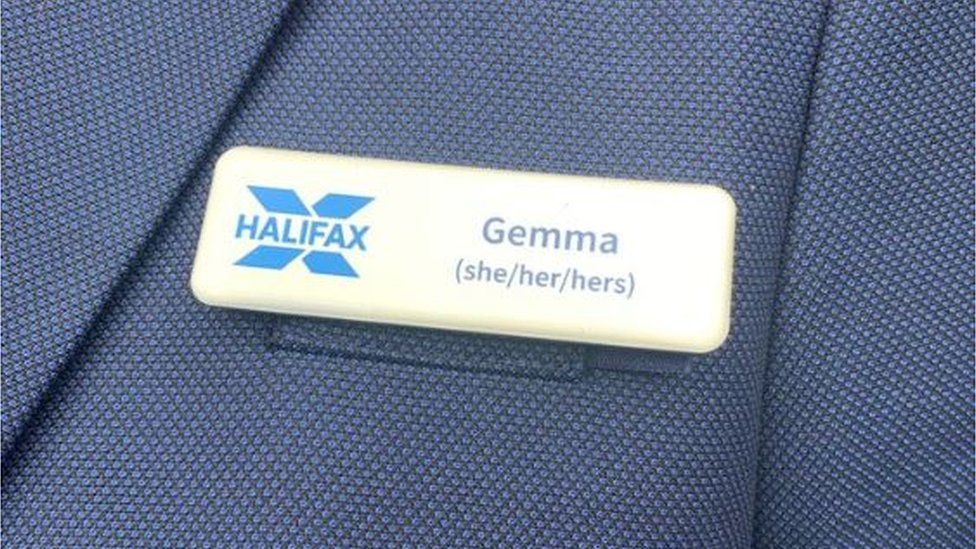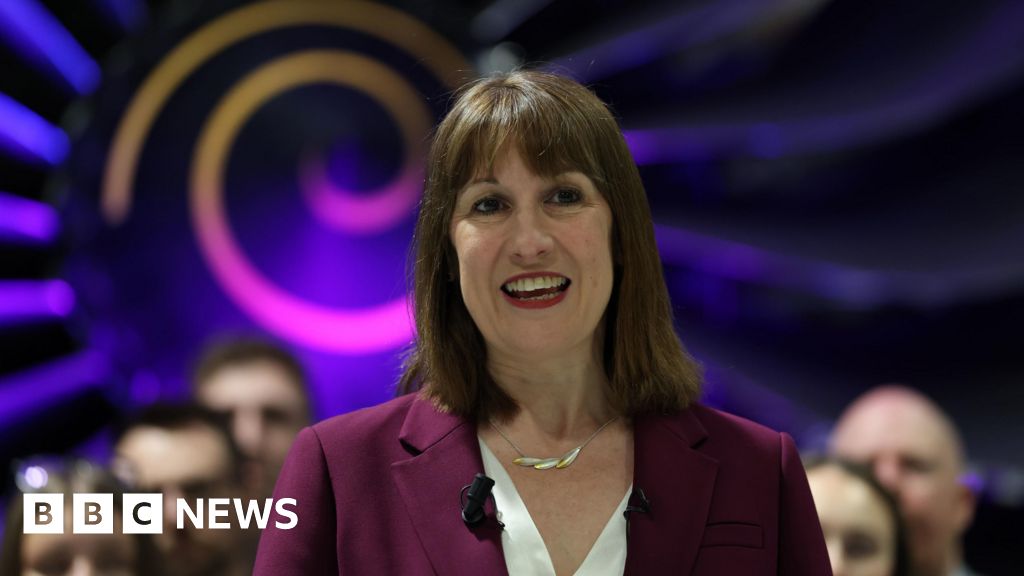ARTICLE AD BOX
By Tom Espiner
Business reporter, BBC News
 Image source, Halifax
Image source, Halifax
A row has broken out on Twitter over pronouns on Halifax name badges, with the bank saying customers who object to its stance can close their accounts.
The row was triggered by a Twitter post from Halifax saying "Pronouns matter" with a picture of a name badge saying "Gemma (she/her/hers)".
Some people responded saying the post was "woke virtue signalling" and others said they would close their accounts.
Pronouns have become a contentious subject in some social media clashes.
A pronoun is a word that can be used to refer to someone or a group of people - I, you, he, she, they - but for some people this has become bound up with discussions on gender identity.
The trigger for the row was Halifax saying staff can wear a name badge displaying preferred personal pronouns if they wish.
On Tuesday, Halifax published its name badge tweet, prompting strong reactions from some people on Twitter.
One person who responded said the tweet was "pathetic virtue signalling", adding: "Why are you trying to alienate people?"
Others complained that it was an attempt to impose a world view on them that they didn't share.
Halifax responded, saying: "We strive for inclusion, equality and quite simply, in doing what's right. If you disagree with our values, you're welcome to close your account."
The bank later said in a statement: "We want to create a safe and accepting environment that opens the conversation around gender identity.
"We care about our customers' and colleagues' individual preferences so, for us, it's a very simple solution to accidental mis-gendering."
Rival bank HSBC tweeted: "We stand with and support any bank or organisation that joins us in taking this positive step forward for equality and inclusion. It's vital that everyone can be themselves in the workplace."
Prof Bobby Duffy, director of the Policy Institute at King's College London, said the exchanges on Twitter had a lot of the features of a "culture war" debate, including the use of terms such as "woke" and "virtue signalling".
"But the key feature that points to this being part of the culture war is the utter lack of understanding of the other side's perspective and deep suspicion of their motives," he said.
"This is the true definition of a culture war, where it's not just disagreeing over the issues but an absence of trust and compromise, where each side just cannot understand or accept the other's perspective."

 2 years ago
37
2 years ago
37








 English (US) ·
English (US) ·